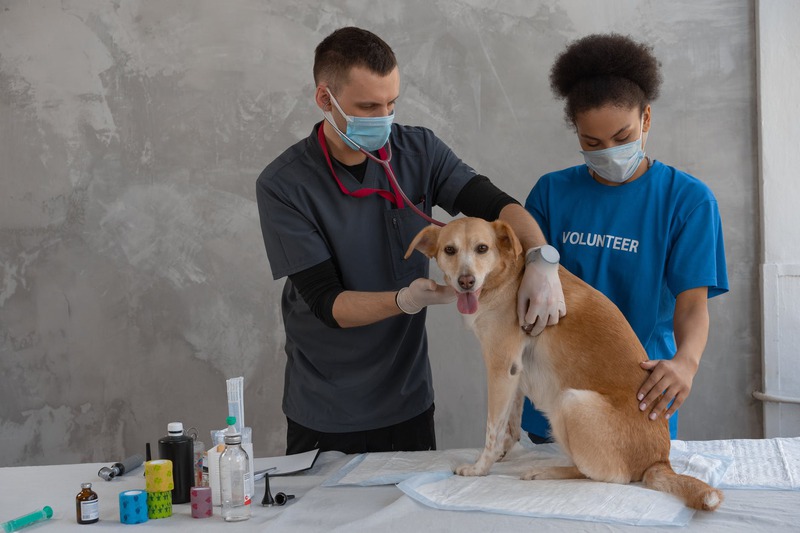Congratulations on entering the world of pet parenting. Whether you’re a first-time dog owner or an experienced pet parent, caring for a new puppy is an adventure.
In this article, we will cover some crucial steps to ensure a healthy and happy life for your furry companion, such as routine vet exams, the importance of preventive care, veterinary laboratory diagnostics, and pet vaccinations.
The Importance of Preventive Care and Vet Routine Exams
One of the most essential aspects of puppy care is regular veterinary check-ups. These routine exams ensure that your puppy is in good health and enable early detection of potential issues. The importance of preventive care cannot be overstated, as it can save you from expensive treatments and prevent your pet from experiencing pain and discomfort.
During a routine exam, the vet will assess your puppy’s overall health, check their weight, and look for any signs of illness or infection. They will also discuss your pet’s diet, training, and vaccination requirements with you.
Understanding Veterinary Laboratory Diagnostics
Reputable veterinary laboratories like https://www.dockerymobleyvets.com/site/veterinary-lab-diagnostics are indispensable for maintaining your puppy’s health. These diagnostics are essential tools that help vets detect and treat various health conditions, such as infections, allergies, or hormonal imbalances.
Veterinary laboratories are equipped with advanced diagnostic equipment, enabling your vet to have a more in-depth understanding of your puppy’s health. Some common diagnostic tests include blood tests, fecal analysis, and urine tests. These tests can detect early signs of illness, helping your veterinarian provide the necessary treatment to your furry friend before the condition worsens.
Pet Vaccinations: Keeping Your Furry Friend Protected
Another vital aspect of puppy care is ensuring they receive the necessary pet vaccinations. Vaccines protect our pets from contagious and dangerous diseases, promoting their overall health and well-being. Vaccinations typically begin when your pup is 6-8 weeks old, and they will require additional booster shots during their first year.
It’s crucial to follow the vaccination schedule recommended by your vet closely. If you’re unsure about the vaccinations required for your pup, you may check out reputable sources like the American Veterinary Medical Association for more information.
Final Words
To sum up, proper puppy care involves various steps, such as routine veterinary exams, understanding the importance of preventive care, utilizing veterinary laboratory diagnostics, and keeping up with pet vaccinations. As a responsible pet parent, staying informed and proactive about your furry friend’s health is essential. By doing so, you will not only prevent your pet from suffering and discomfort but also promote a long and happy relationship with your new companion.
Remember that regular veterinary visits are the key to early detection and treatment of potential health issues. Always prioritize the importance of preventive care to keep your pup in great shape. Make sure to work with a reliable veterinary laboratory for accurate diagnostics, and adhere to the vaccination schedule provided by your vet.
Caring for a puppy might seem challenging, but with proper guidance and commitment, you will develop a strong bond with your furry friend. Your efforts will be rewarded with a lifetime of loyalty, love, and cuddles from your new canine companion.





